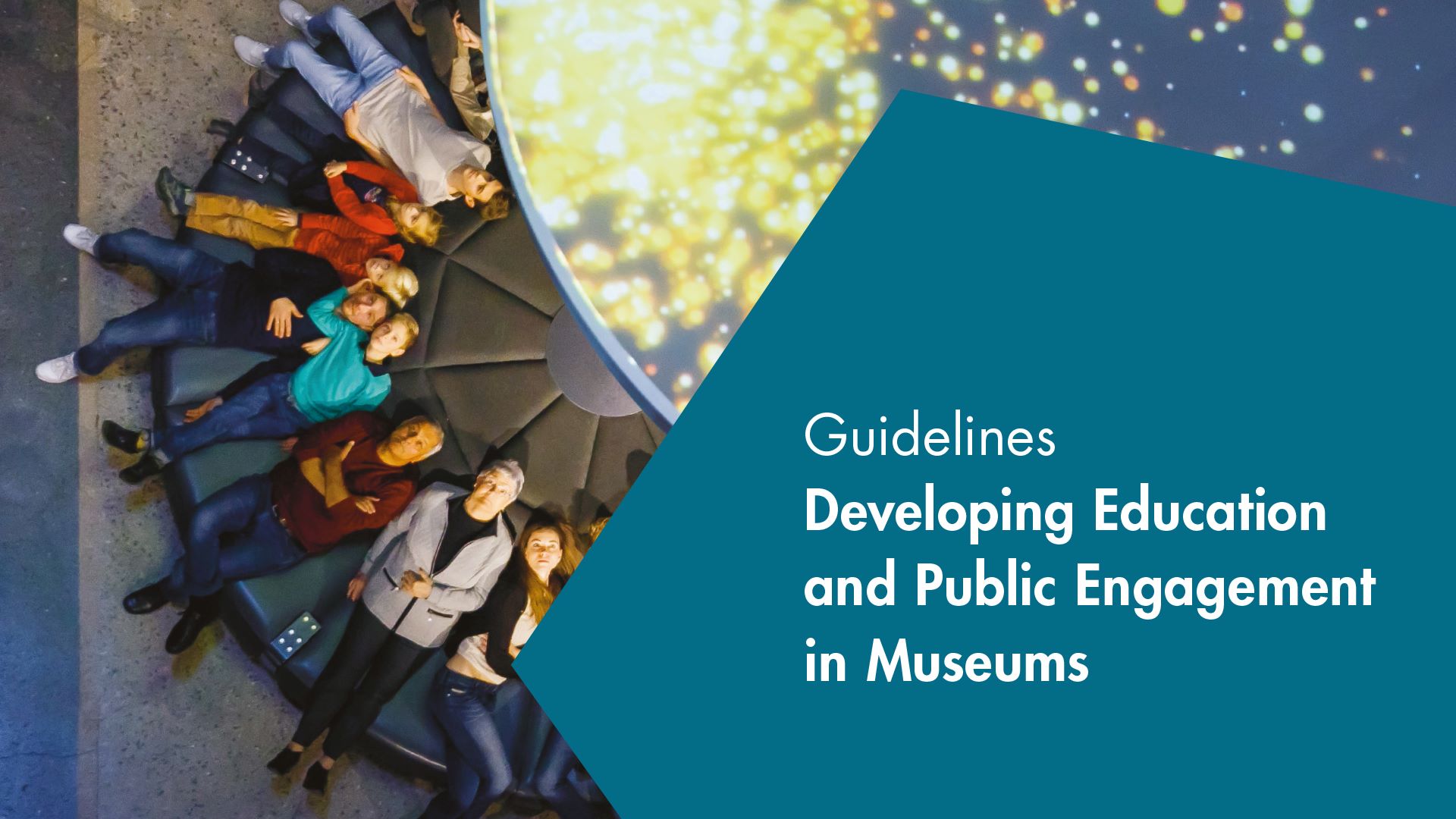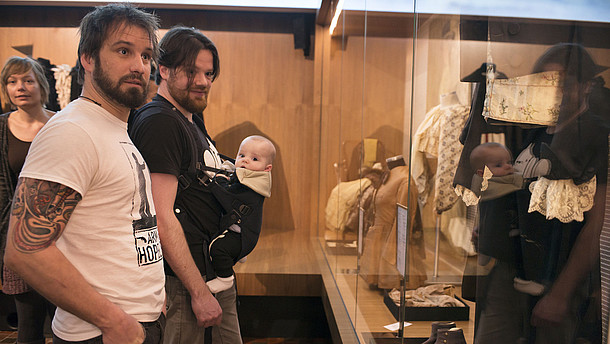The guideline Developing Education and Public Engagement in Museums:
- Offers recommendations for contemporary education and public engagement work.
- Provides hands-on tips and inspiring examples to support museum staff when developing conceptual and practical activities.
- Highlights five factors of success: Audience orientation, Object-related focus, Multifaceted methods and formats, Networking and Processuality.
- Encourages museum professionals and funding bodies to explore existing concepts in the field.
- Can be used by museums when applying for funding.
Key to success in today's society
Museums can strengthen their role in, with and for society and remain relevant by developing their education and public engagement work in accordance with the needs of their community, by addressing contemporary issues and promote fundamental values like democracy and sustainable development.
The guidelines explain ways to create successful education and public engagement activities that are relevant to an ever changing and diverse society. They describe key factors of success from a contemporary perspective and emphasises the close relationship between the museum and its audience. The guidelines are applicable to museums of all sizes and the recommendations can be adopted step-by-step while still generating positive results for the audience and the museum.
Furthermore, the guidelines wish to consolidate professional work regarding education and public engagement beyond the scope of temporary project-based activities. To this end a recommendation is made for museums to have a defined educational concept that is developed by the education and public engagement department and backed by all employees.
The publishers
Originally published in German, the NEMO Working Group decided to have the guidelines Developing Education and Public Engagement in Museums translated into English to make them more accessible to the European and international museum community. NEMO – the Network of European Museum Organisations, the German Museums Association and German Association for Museum Education have jointly published the English version. All three organisations are convinced about the importance of increased quality and professionalisation of education and public engagement activities and will continue to work on the topic beyond this publication.
The German version was developed by the German Museums Association and German Association for Museum Education in an open process and first published in 2020. German museum educators, curators and directors working at museums of varying sizes, subjects and organisational forms participated by sharing their individual perspectives and experience. The English version has been updated with links and literature from an international perspective.
NEMO Working Groups
NEMO’s working groups are open to NEMO members only who gain a European perspective on topics relevant to museums. The working groups provide a place to get connected, learn and share experiences through organised study visits and events. They also produce studies, reports and recommendations.
The NEMO Working Group LEM – The Learning Museum supports peer learning and the exchange of information on museum education, audience development, intercultural dialogue, and lifelong learning among museum professionals in Europe.
Learn more about NEMO's four working groups:




